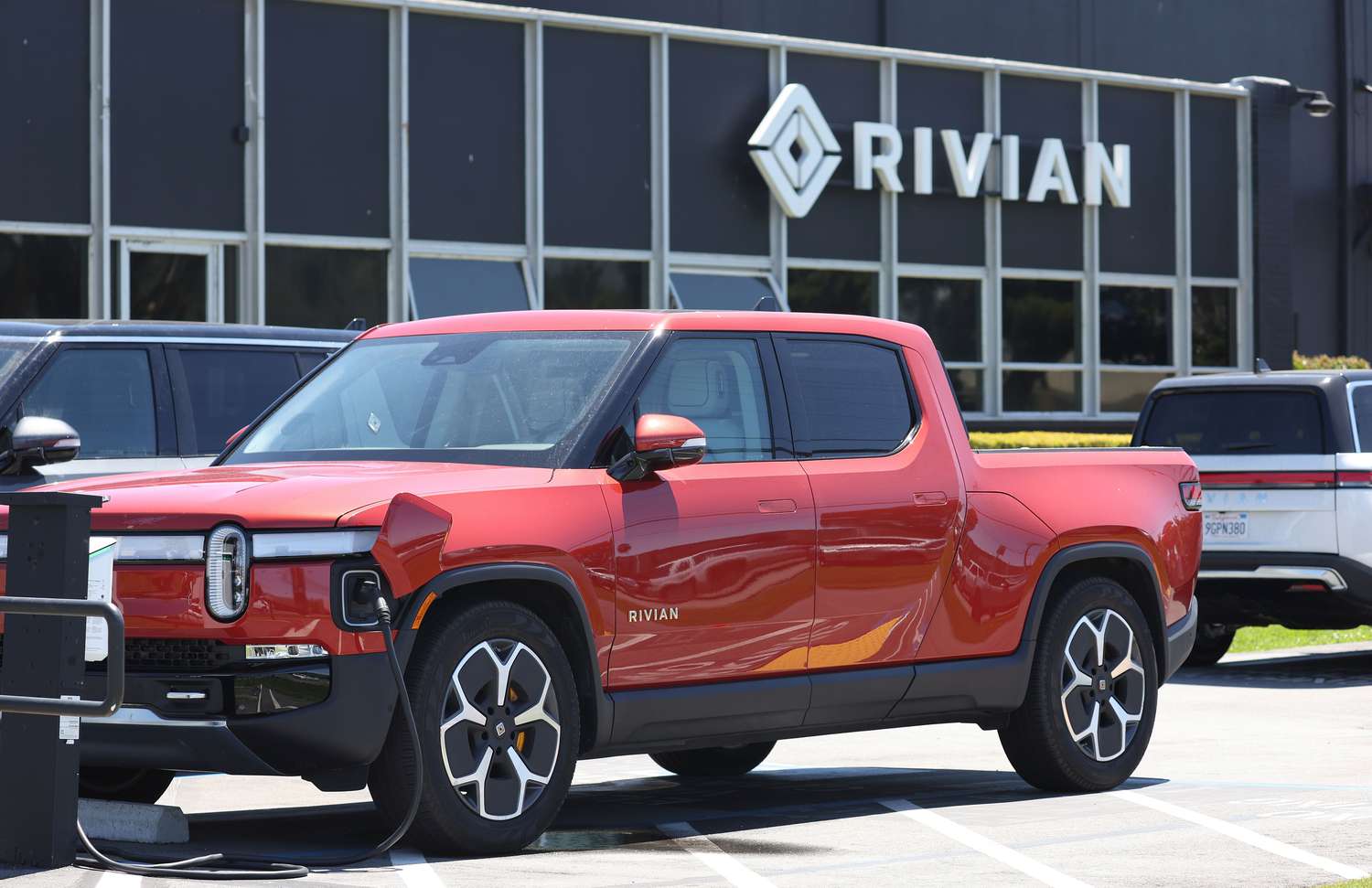Chinese electric vehicle (EV) startup, WM Motor, has recently filed for bankruptcy, drawing attention to the challenges faced by EV startups in China. Despite receiving significant funding from investors such as Baidu and Tencent, WM Motor struggled to compete in China’s highly competitive EV market.
Key Takeaway
The bankruptcy of WM Motor highlights the challenges faced by Chinese EV startups, including intense competition, the need for substantial funding, and the pressure to offer competitive prices and advanced features. Surviving in the industry requires deep pockets, operational excellence, and the ability to adapt to market dynamics.
Intense Competition and Market Pressure
WM Motor, along with other well-funded EV startups like Nio, Li Auto, and XPeng, raised billions of dollars in funding. However, the influx of funding was not enough to overcome the pressure to introduce new smart features and luxury products at lower price points.
The COVID-19 pandemic further exacerbated the challenges faced by Chinese automakers. Factory closures, logistics disruptions, and a chip shortage resulted in significant stress for the auto industry worldwide, including Chinese EV makers. Additionally, the price war initiated by Tesla upon its entry into the Chinese market strained the cash flow management of these startups.
While all automakers faced similar conditions, those with deeper pockets and operational excellence were better equipped to survive. Unfortunately, WM Motor’s losses steadily increased over the years, reaching $1.13 billion in the three years leading up to 2021.
The Future for WM Motor and Other EV Startups
In an attempt to reorganize and revive the company, WM Motor intends to introduce strategic investors from around the world. However, industry experts like Lei Xing do not see a future for WM Motor or other smart EV startups in China. Xing highlights that even industry leaders like Nio, XPeng, and Li Auto are not entirely secure, as demonstrated by the need for additional funding.
Chinese automakers are willing to incur high costs and move quickly to meet the demands and expectations of consumers. The ability to offer competitive prices and a wide range of features has allowed startups like Aito, a Huawei-backed EV brand, to gain popularity. However, sustaining this level of growth and profitability remains a challenge for many companies.
Survival Strategies and Potential Winners
Despite the challenges, certain automakers are expected to weather the storm. BYD, the top EV-maker in China, can leverage its vertical integration and lower cost base to cut prices if necessary. Tesla, with its large overseas presence, may also be able to overcome domestic consumption headwinds.
Furthermore, Geely’s young EV brand, Zeekr, is pushing aggressively into international markets. Their two-pronged strategy involves selling luxury EVs in Asia and Europe while partnering with Waymo to supply robotaxis for testing in the US.
























